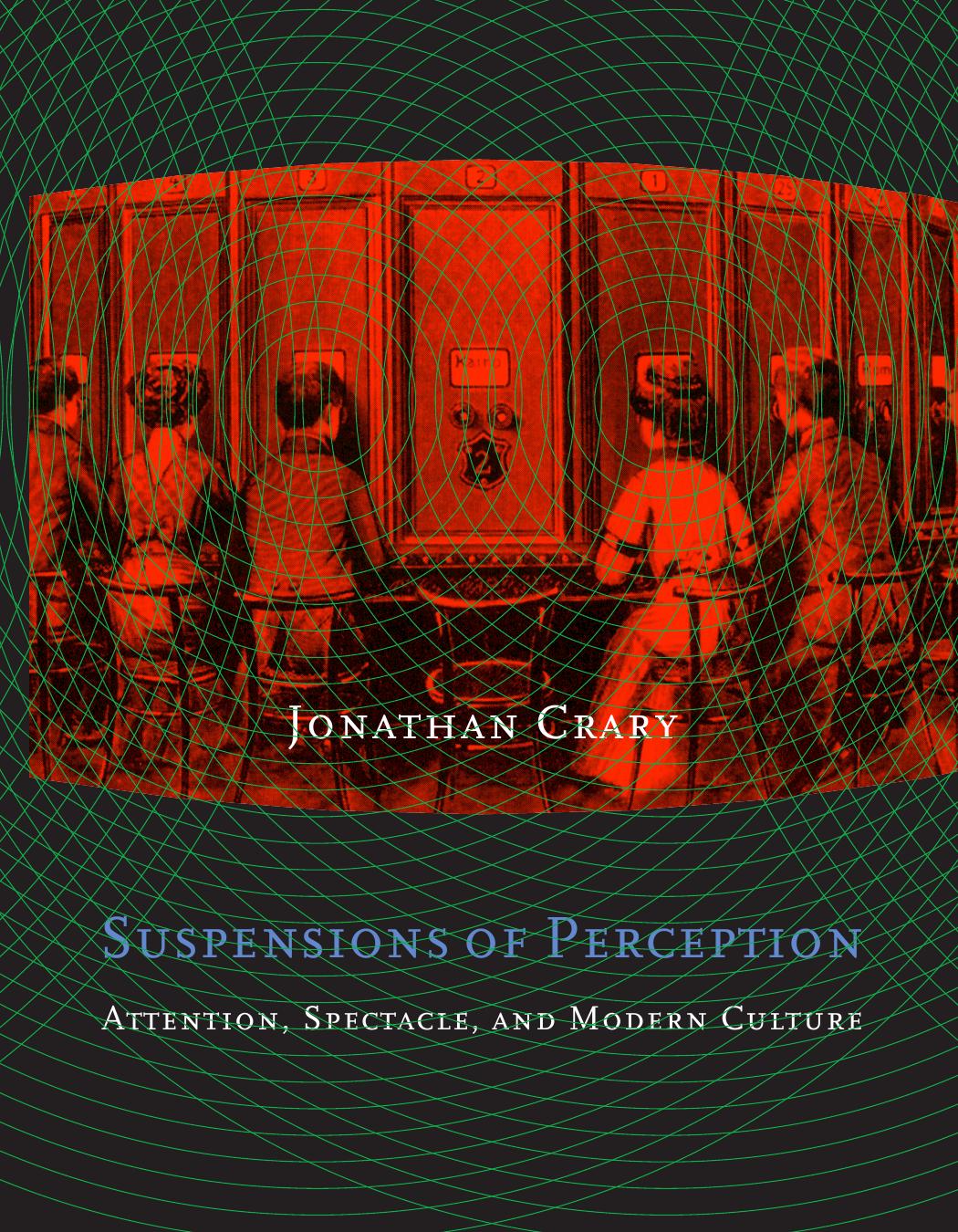Joscelyn Godwin: Music and the Occult: French Musical Philosophies, 1750-1950 (1995)
Filed under book | Tags: · 1700s, 1800s, 1900s, esotericism, france, music, music history, occultism, philosophy, philosophy of music

This book is an adventure into the unexplored territory of French esoteric philosophies and their relation to music. Occultism and esotericism flourished in nineteenth-century France as they did nowhere else. Many philosophers sought the key to the universe, some claimed to have found it, and, in the unitive vision that resulted, music invariably played an important part. These modern Pythagoreans all believed in the Harmony of the Spheres and in the powerful effects of music on the human soul and body. Faced with the challenge of the rationalist Enlightenment, then with that of modern scientism, they adapted their occultism to the prevailing style. A widely published musicologist and authority on esotericism, Godwin is able to give a clear and concise context for these philosophers’ often surprising beliefs, and he demonstrates how this “speculative music” influenced composers such as Satie and Debussy, who were familiar with occultism. His long study of music and the Western esoteric tradition makes him uniquely qualified to unravel the strange story of these forgotten sages.
Publisher University of Rochester Press, 1995
Volume 3 of Eastman studies in music
ISBN 1878822535, 9781878822536
261 pages
PDF (updated on 2013-4-14)
Comments (2)Ian Britain: Fabianism and Culture. A Study in British Socialism and the Arts, c. 1884–1918 (2005)
Filed under book | Tags: · 1880s, 1890s, 1900s, 1910s, art, political theory, socialism, united kingdom

“This book is an attempt to remedy the neglect of the cultural and aesthetic aspects of English socialism in the late nineteenth and twentieth centuries. An outstanding symptom of this neglect is the way in which the Fabian Society, and its two leading lights, Sidney and Beatrice Webb, have usually been depicted as completely indifferent to art and to the artistic ramifications of socialism. Most commentators have painted Fabian socialism as a narrowly utilitarian programme of social and administrative reform, preoccupied with the mechanisms of politics and largely obvious of wider, more ‘human’ issues. One of the basic aims of the book is to question this bleakly philistine image, by showing the basis of the Fabians’ beliefs in romancism as well as utilitarianism.”
Publisher Cambridge University Press, 2005
ISBN 0521021294, 9780521021296
360 pages
PDF (updated on 2016-9-8)
Comment (0)Jonathan Crary: Suspensions of Perception: Attention, Spectacle, and Modern Culture (1999)
Filed under book | Tags: · 1880s, 1890s, 1900s, aesthetics, art history, attention, painting, perception, spectacle, subjectivity, visual culture

“Suspensions of Perception is a major historical study of human attention and its volatile role in modern Western culture. It argues that the ways in which we intently look at or listen to anything result from crucial changes in the nature of perception that can be traced back to the second half of the nineteenth century.
Focusing on the period from about 1880 to 1905, Jonathan Crary examines the connections between the modernization of subjectivity and the dramatic expansion and industrialization of visual/auditory culture. At the core of his project is the paradoxical nature of modern attention, which was both a fundamental condition of individual freedom, creativity, and experience and a central element in the efficient functioning of economic and disciplinary institutions as well as the emerging spaces of mass consumption and spectacle.
Crary approaches these issues through multiple analyses of single works by three key modernist painters—Manet, Seurat, and Cezanne—who each engaged in a singular confrontation with the disruptions, vacancies, and rifts within a perceptual field. Each in his own way discovered that sustained attentiveness, rather than fixing or securing the world, led to perceptual disintegration and loss of presence, and each used this discovery as the basis for a reinvention of representational practices.
Suspensions of Perception decisively relocates the problem of aesthetic contemplation within a broader collective encounter with the unstable nature of perception—in psychology, philosophy, neurology, early cinema, and photography. In doing so, it provides a historical framework for understanding the current social crisis of attention amid the accelerating metamorphoses of our contemporary technological culture.”
Publisher MIT Press, 1999
October Books series
ISBN 0262531992, 9780262531993
397 pages
Reviews: Juliet Koss (CAA Reviews, 2000), Jodi Brooks (Screening the Past, 2000), Steven Z. Levine (Bryn Mawr College, 2001), Kimberly Lamm (Cultural Critique, 2002).
PDF (updated on 2024-3-3)
Comment (0)
